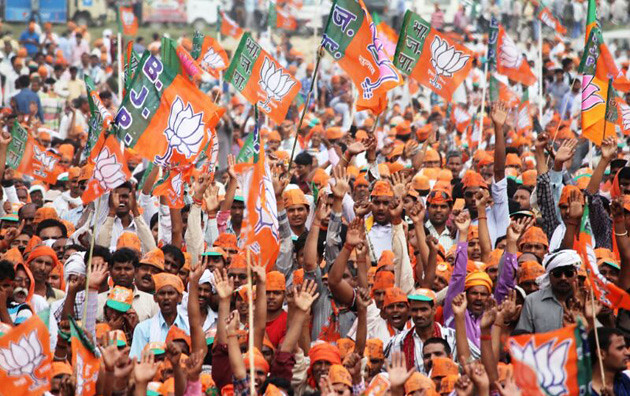- About
- Topics
- Picks
- Audio
- Story
- In-Depth
- Opinion
- News
- Donate
-
Signup for our newsletterOur Editors' Best Picks.Send
Read, Debate: Engage.
| topic: | Human Rights |
|---|---|
| located: | India |
| editor: | Sanjana Chawla |
The Digital Personal Data Protection Bill (DPDP), 2023, was passed by the Parliament of India on August 9, 2023, with unanimous support. According to the Indian government, the legislation aims to find a middle ground between safeguarding personal data and allowing its lawful use for innovation and economic growth.
The Rajya Sabha (second chamber of parliament) approved the Bill and awaits the President's approval to become law.
Though DPDP intends to safeguard citizens' data, there are widespread concerns over its potential ramifications for journalism in the country.
The Bill allows for sharing citizens' data with third parties without their consent and fails to include meaningful measures to prevent excessive surveillance, disregarding the right to privacy.
DPDP grants empowers the Union Government to block access to information in "the interest of the general public" if requested by the Data Protection Board, which puts to question what the scope and extent of information restriction will be.
Section 36 grants the government the authority to request personal information from any public or private entity (known as a data fiduciary), empowering the government to compel journalists to disclose their sources.
This Bill enables censorship of news stories based on vague justifications and hinders the access of government records through the Right to Information Act.
The law will allow the government to selectively block stories and exercise control over media coverage, undermining the fundamental principle of freedom of the press and impeding the vital work of journalists.
In a nation where journalists face charges and arrests under stringent laws for reporting the truth, this Bill, if enacted into law, could pose significant personal risks to India's media personnel and their sources.
Some believe that the Central Government's discretionary power in data processing may impede innovation and not ensure individual privacy.
The Editor Guild of India and other organisations have expressed legitimate concerns about DPDP's potential to erode personal liberty.
Beyond jeopardising sensitive data obtained by media personnel, DPDP implicates journalistic sources, whistle-blowers, donors, and subscribers associated with media organisations.
According to the Guild, The Data Protection Board, which will be established as part of the Bill, lacks adequate independence and authority to establish rules.
It demands the Bill be sent to a parliamentary standing committee, which is a group of lawmakers responsible for in-depth examination and analysis of proposed laws and policies before they are enacted.
Image by The Climate Reality Project.

